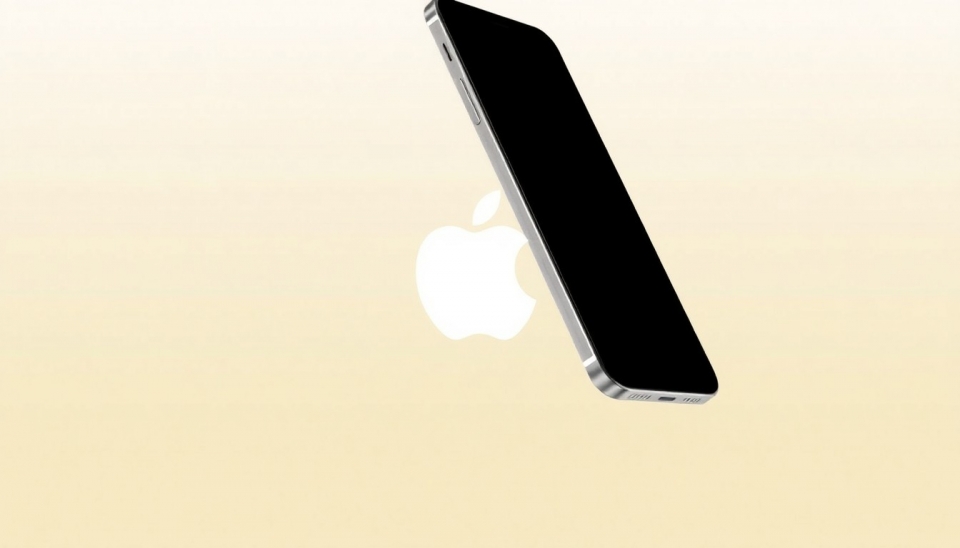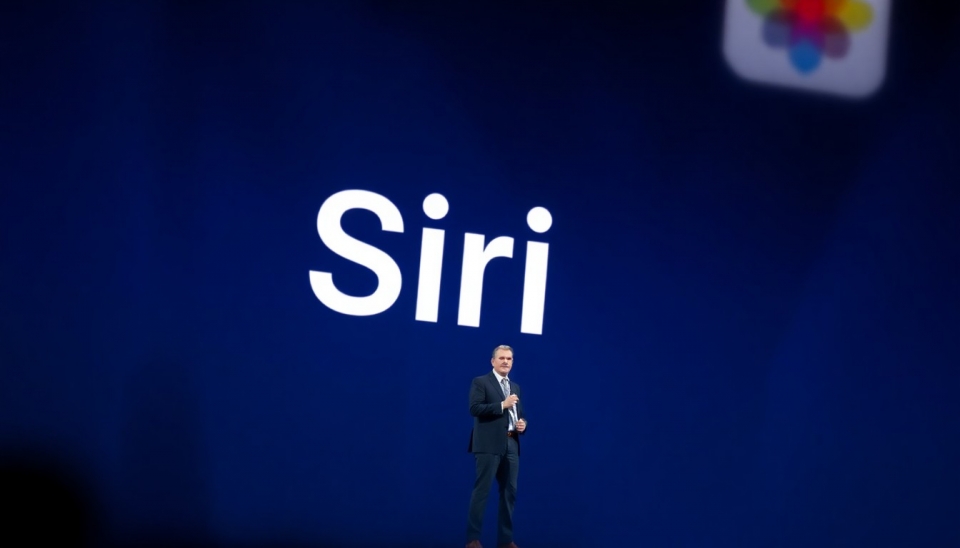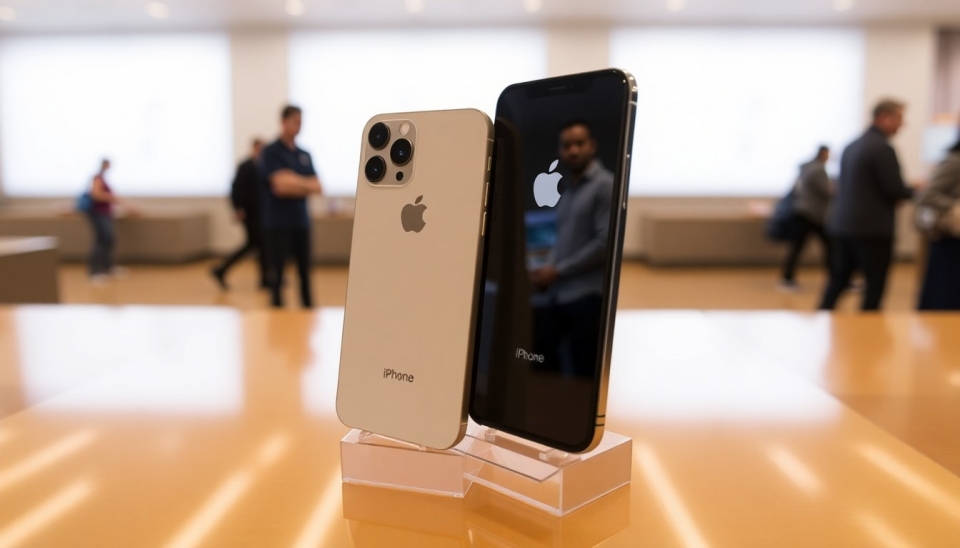
In a surprising turn of events, tech giant Apple recently took the unexpected step of dropping its lawsuit against a California-based recycling company, GEEP, which was under scrutiny for the mysterious disappearance of thousands of iPhones. The case had garnered significant media attention due to the alarming implications it held for data security and environmental responsibility, core components of Apple's corporate ethos.
The lawsuit originally filed by Apple accused GEEP of failing to appropriately recycle and dispose of devices returned during the company's trade-in program. Apple alleged that over 100,000 iPhones, which were supposed to be recycled, were unaccounted for, raising concerns that the devices may have been sold on the black market instead.
GEEP's defense revolved around the assertion that the missing phones were, in fact, destroyed during the recycling process—a claim that Apple found insufficient to assuage its concerns regarding potential data breaches and theft of valuable components. The uncertainty surrounding the fate of these phones drew scrutiny from consumers and regulators alike, igniting further discussions about the responsibilities of tech companies in ensuring sustainable practices in their supply chains.
As the case unfolded, it cast a shadow over Apple's image as a leader in both technology and corporate responsibility. The company, much lauded for its environmental initiatives, now faced questions about the integrity of its recycling process—one of its key strategies in promoting sustainability and reducing technological waste.
However, in a surprising shift, Apple announced its decision to withdraw the lawsuit, a move that surprised many observers considering the serious allegations that had previously been levied against GEEP. The rationale behind the withdrawal has not been fully disclosed, leading to speculation about whether the decision was motivated by internal assessments, forthcoming collaborations, or potentially favorable commitments from the recycler.
This development raises numerous questions regarding Apple's corporate strategy and its approach to ensuring transparency and accountability in its recycling initiatives. While experts are analyzing the ramifications of this abrupt decision, it is clear that the tech giant faces increasing pressure to maintain its commitment to responsible recycling practices, especially as consumers become increasingly aware of environmental impacts.
As Apple moves forward without the legal confrontation, the tech world is left to ponder the extent of the implications of this case, and what it signals about the future of corporate accountability in relation to sustainability and consumer trust. Industry analysts suggest that this could lead to heightened scrutiny of similar recyclers and renewed focus on the end-of-life management of electronic devices across the sector.
The mystery of the missing iPhones may not yet be solved, but Apple's withdrawal from the lawsuit could hint at new strategies in handling the situation while concurrently reinforcing its dedication to responsible practices. How Apple navigates this landscape will be crucial in shaping its public image and maintaining its status as a leader in technology and sustainability.
In conclusion, as this story unfolds, it will be essential for Apple and other tech companies to commit to greater transparency and environmental stewardship, not just for legal compliance, but for preserving consumer trust and advancing industry-wide sustainable practices.
#Apple #Recycling #Iphones #EnvironmentalResponsibility #Sustainability #TechNews #CorporateAccountability #GEEP
Author: John Miller




